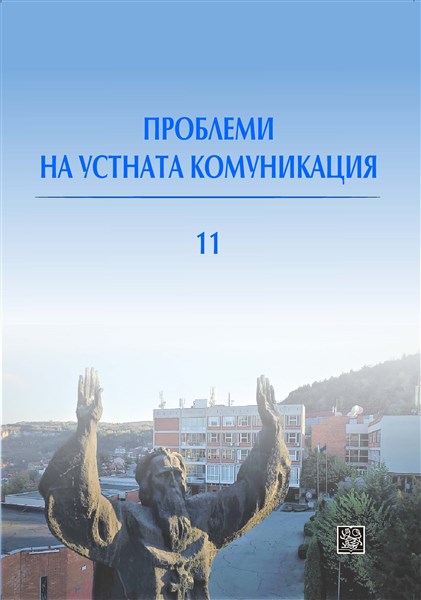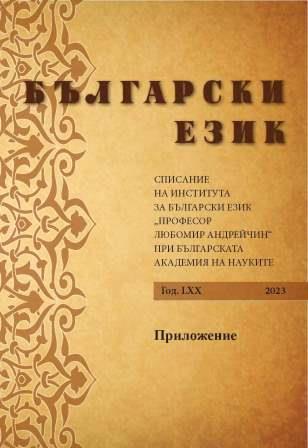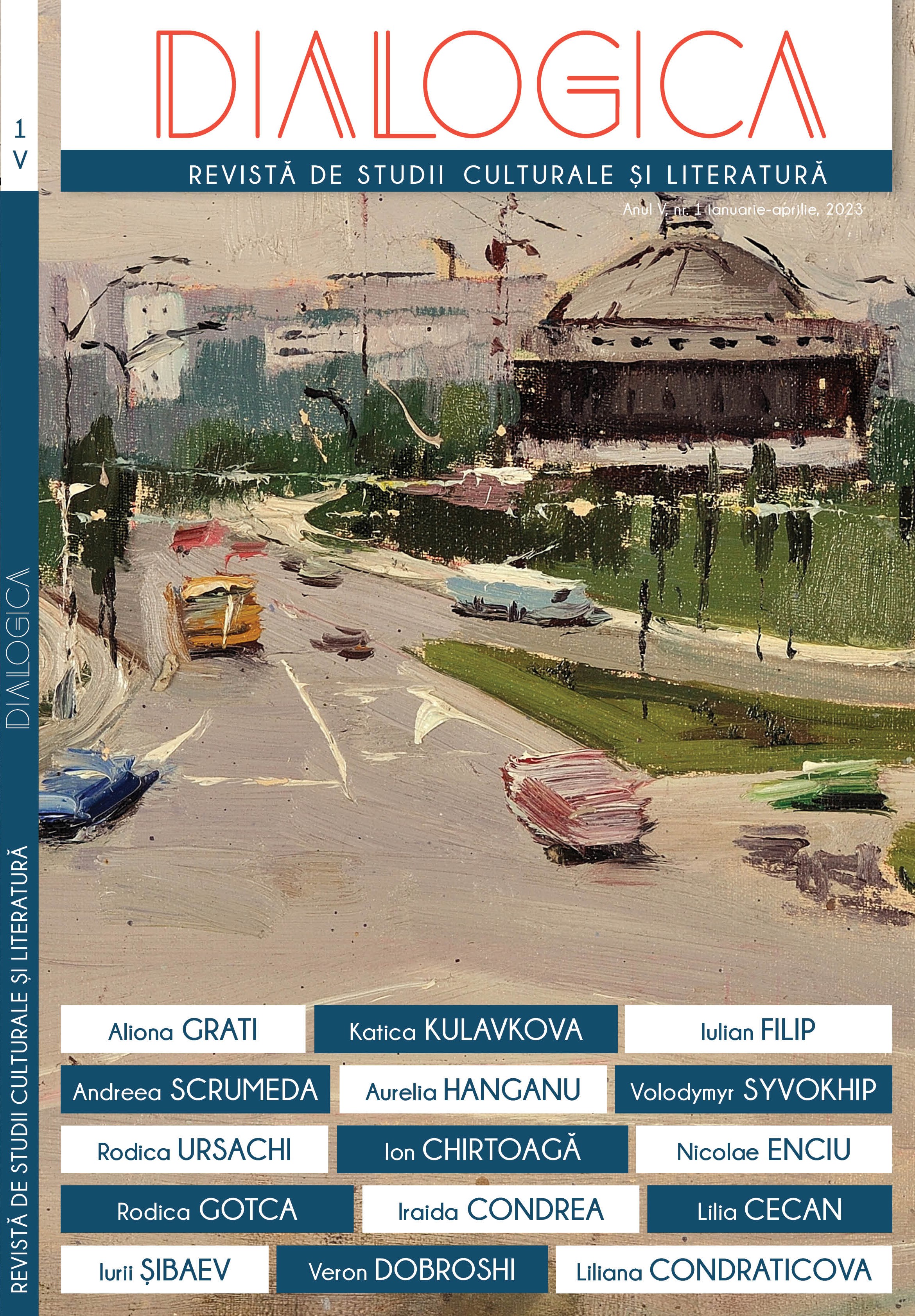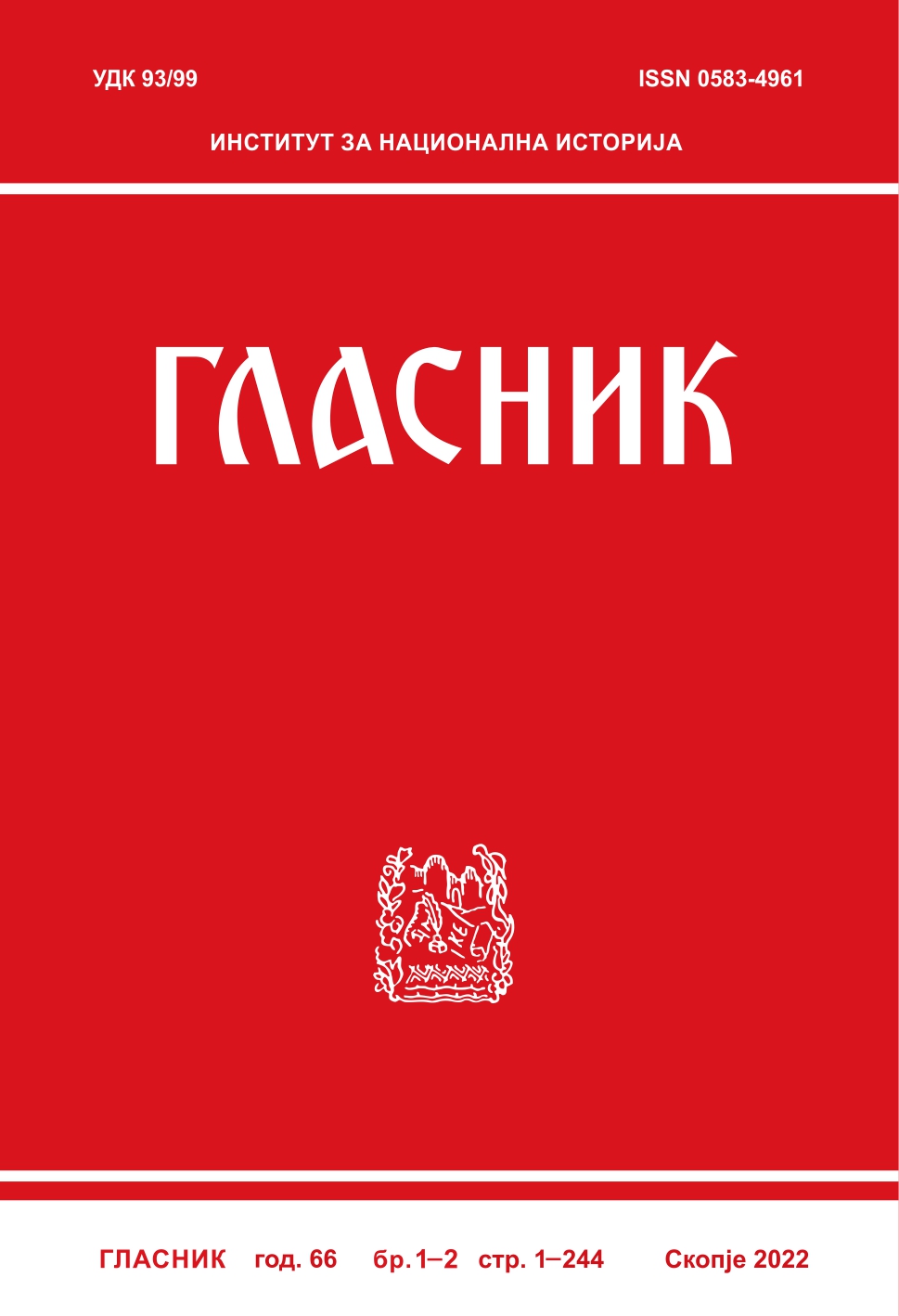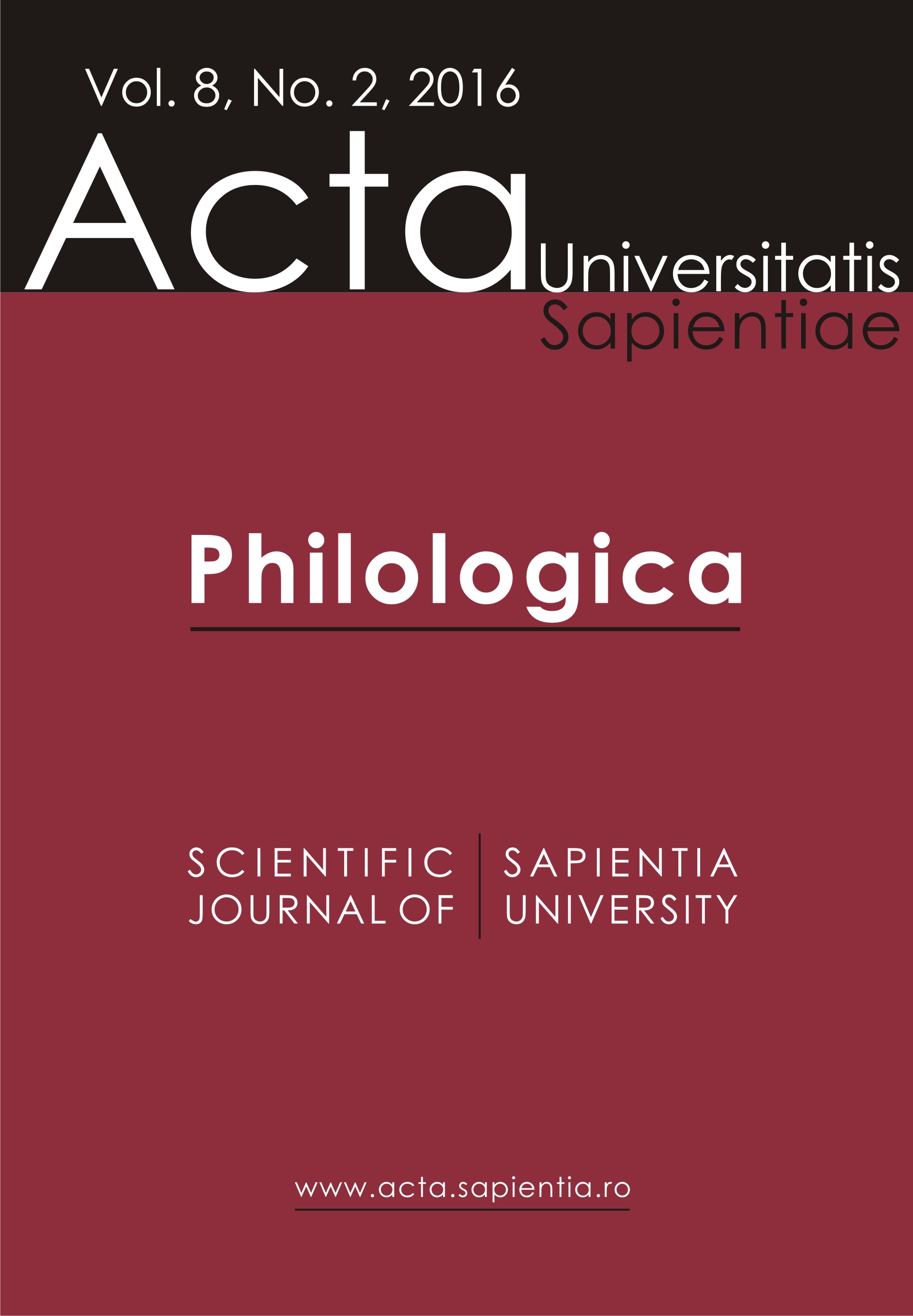
Divergent Cultural Environment – Translator Authenticity
People and communities living geographically far from each other and originating from culturally different environments establish contact with each other by means of the sudden spread of information and communication technologies. Knowledge of world languages no longer suffices for engaging in successful social interaction, it has to be accompanied by intercultural competence. Intercultural communication occurs when interlocutors belonging to different cultures understand each other. The translator’s work can be also understood as intercultural communication since in addition to translating linguistic material, the translator also transcodes the culture of the source language into the target language. (Inter)cultural competence is therefore one of the basic requirements for a translator. There is an ever-increasing emphasis on mediation between different cultures in translation, and according to new interpretations of translation this mediation represents the keystone of translation. The present study examines how elements of Hungarian culture are rendered in Serbian and German by analysing translations of Hungarian authors’ works into these two languages.
More...
